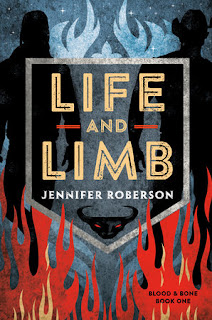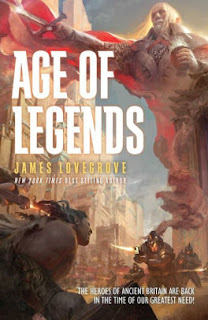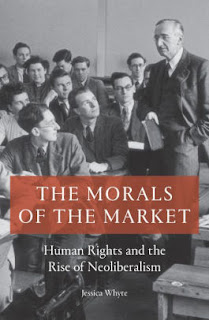
Murderbot, The Murderbot Diaries by Martha WellsRead about another entry on the list.
Murderbot has an intimidating name and appearance, but really they just want to watch media serials all day. If only the humans they try to protect would stop making stupid choices. The choices a SecUnit with a hacked government module can make are limitless. Thankfully, Murderbot decides to continue to watch over the humans under their care. Murderbot has an internal monologue so filled with sarcasm and wryness that I can’t help but enjoy their thoughts. They have a sense of humor that’s full of irony, which I appreciate greatly. Murderbot and [Brandon Sanderson’s] M-Bot don’t have much in common on the surface, besides their similar names, but I could see them bonding over the crazy humans and the lengths both will go to protect their charges. I’m betting M-Bot would love the media serials too, once Murderbot gets him hooked…
All Systems Red also appears among Andrew Skinner's five top stories about the lives of artificial objects, Annalee Newitz's list of seven books about remaking the world, Tansy Rayner Roberts and Rivqa Rafael's five top books that give voice to artificial intelligence, T.W. O'Brien's five recent books that explore the secret lives of robots, Sam Reader's top six science fiction novels for fans of Westworld, and Nicole Hill's six robots too smart for their own good.
--Marshal Zeringue


















































